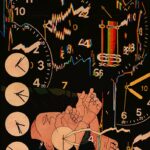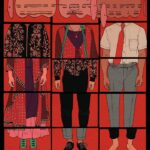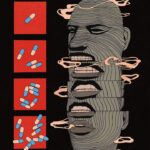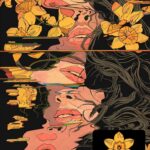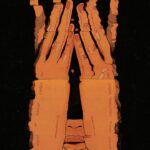Exploring Artistic Influences: The World of Toma Vagner
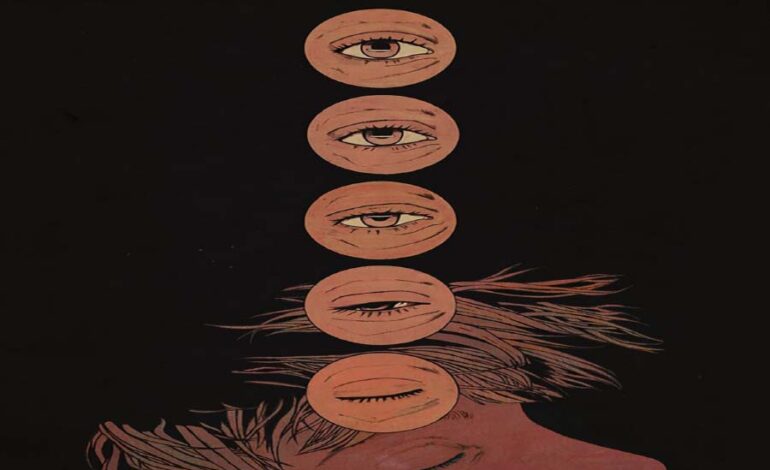
Toma Vagner, an artist hailing from the remote island of Sakhalin in Russia, draws inspiration from a diverse range of cultural influences, particularly from Japan and the Soviet Union. Having grown up in close proximity to Japan, Vagner’s artistic style reflects elements of Japanese visual culture, intertwined with the aesthetics of Soviet heritage.
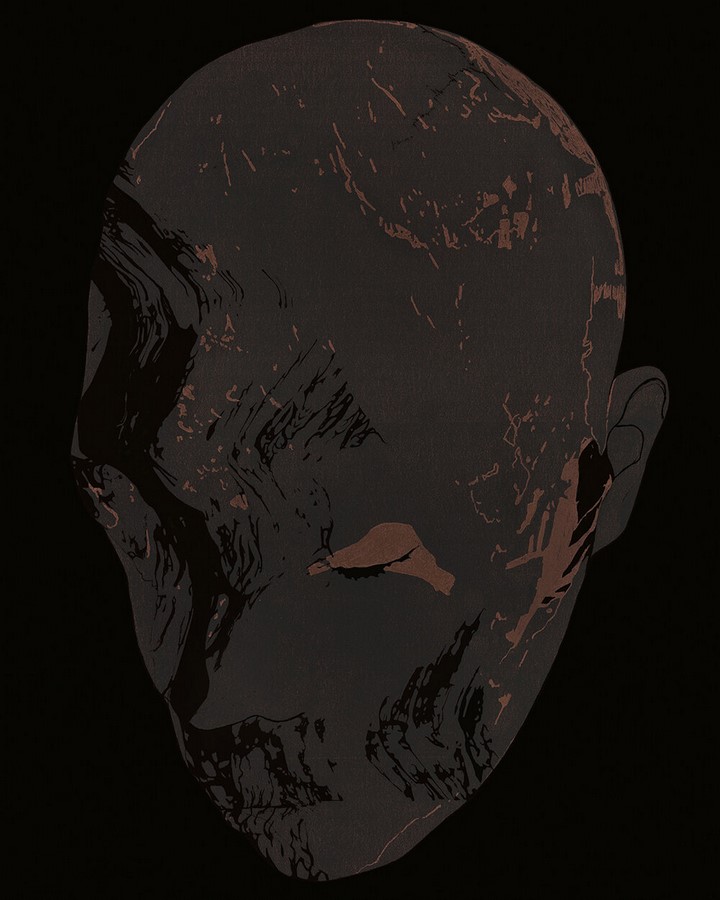
A Fusion of Cultures in New York City
Currently based in New York City, Vagner’s artwork has garnered attention from renowned clients such as The New York Times, Harry Styles, The New Yorker, Bandcamp, and Wired. Her illustrations, characterized by a distinctive blend of Eastern and Western influences, have captivated audiences around the world.
Nurturing Personal Creativity
Despite her success in commissioned work, Vagner remains dedicated to her personal artistic practice. Through projects like “Disorders,” she delves into themes that resonate deeply with her, exploring the complexities of human emotions and experiences. Each piece serves as a window into Vagner’s inner world, inviting viewers to contemplate the intricacies of the human condition.
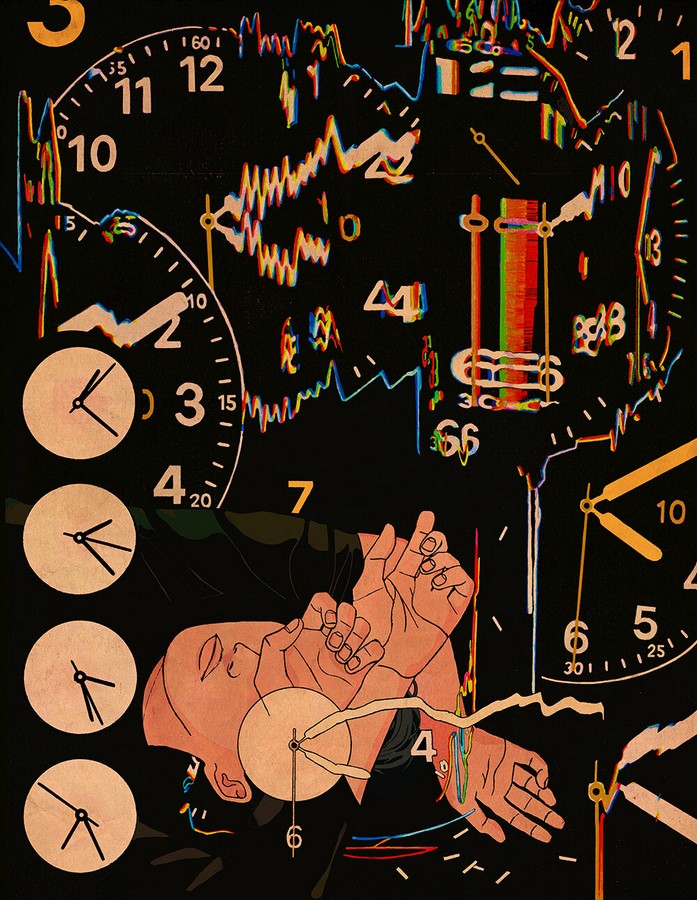
Unveiling “Disorders”
In her most recent project, “Disorders,” Vagner offers a poignant exploration of mental health and psychological phenomena. Through her evocative illustrations, she navigates the labyrinth of emotions and disorders that afflict the human mind, shedding light on often overlooked aspects of mental well-being.
A Glimpse into the Creative Process
Vagner’s artwork transcends boundaries, bridging cultural divides and inviting dialogue about universal themes. Her journey from Sakhalin to New York City has imbued her work with a unique perspective, blending elements of tradition and modernity to create a visually striking and emotionally resonant body of work.
As Toma Vagner continues to evolve as an artist, her work serves as a testament to the transformative power of creativity and the enduring influence of cultural heritage. Through her art, she invites us to embark on a journey of exploration and introspection, reminding us of the rich tapestry of human experience that connects us all.

